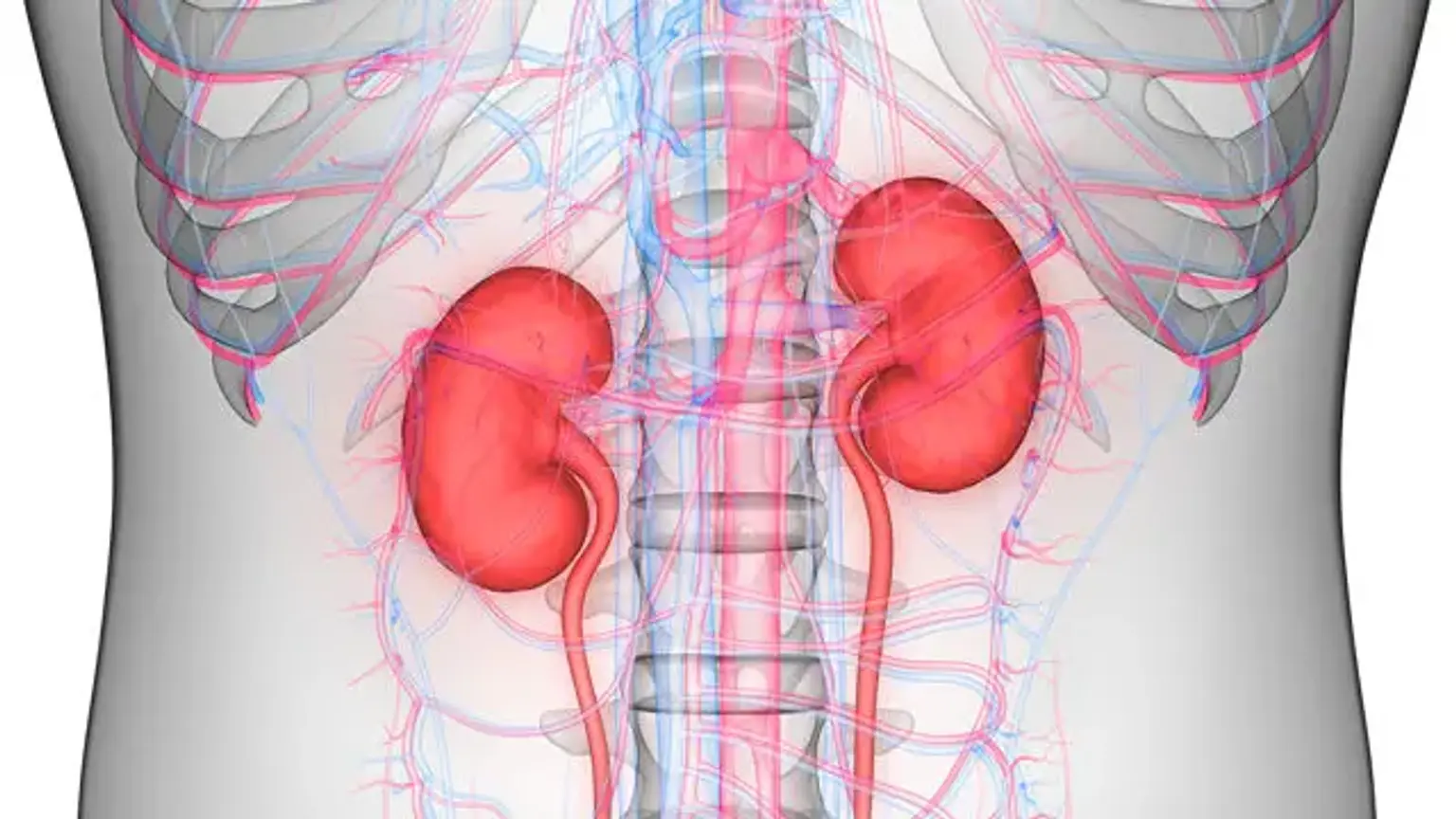Kidneys are the most crucial organs in the body since they perform a range of activities. These activities translate into the day to day survival and living everyday healthy life. As such, the health state of your kidneys should be a critical concern. Seeking medical attention and taking appropriate measures are thus the significant ways of boosting kidney functions and health.
Fortunately, nephrology is a field of science that helps with all sorts of kidney disorders and concerns. Nephrologists are also medical doctors who specialize in diagnosing, treating, and managing various kidney conditions regardless of the complexity.
What is Nephrology?
Nephrology is a branch of internal medicine that is mainly concerned with studying, diagnosing, and treating diseases affecting the kidneys. It also aims at restoring and preserving the health state of the kidneys. This is to ensure that they perform their day to day functions accordingly.
